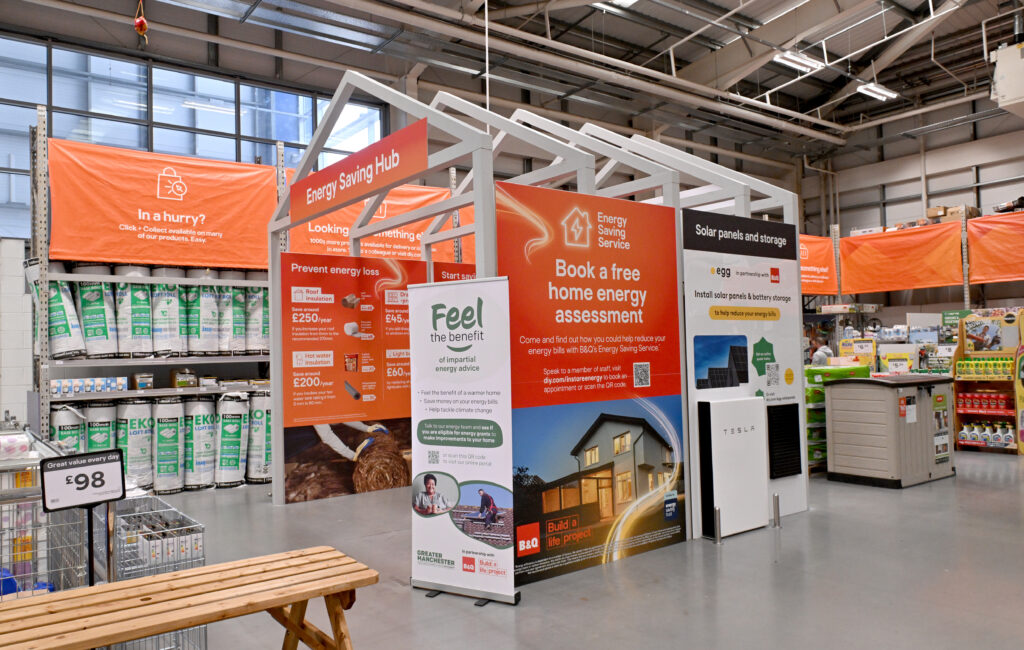Aldi UK‘s year on year sales growth of 20% followed by 35.3% sales growth in the 12 weeks to 30 March 2014 (Kantar) has been remarkable. How has the German retailer achieved this?
The business has always had absolute clarity of its value to the marketplace, which is to offer a private label range of limited lines of the highest quality at consistently the lowest price for the consumer. Over recent years it has increasingly been able to deliver on this promise to a growing customer base. Industry leading profitability levels can be achieved and the proposition delivered due to exceptionally high buying power per product and a relentless focus on reducing operating expenditure over the long term.
Aldi has strategically chosen to play the ‘long game‘ and achieve more moderate growth without operating outside of the key principles of standardisation, simplicity and continuous improvement. Since entering the UK in 1990 the discounter has adjusted to the UK customer and patiently improved its operating model so that it now executes the proposition consistently thereby impressing more and more customers.
As far as possible the platform on which the business operates is standardised and implemented down to the smallest detail. There are exceptions but largely all the stores have the same design, serviced by the same sized delivery vehicles, with products delivered on standard pallets that have been aggregated at regional warehouses of a standard design. This has enabled the development of uniform processes and therefore systems. A consistent approach in doing things is the key first step to driving out complexity – often the key ingredient to spiralling operating costs.
Keeping things simple is a mantra. Alterations to ways of working are carried out slowly, systematically and having fully assessed the consequences so when implemented there is minimal distraction, complexity and confusion ensuring operational efficiency is maintained. Aldi insist on suppliers adhering strictly to precise specifications with regard to case design and pallet configurations enabling products to be displayed in shelf ready packaging and on pallets on the shop floor. Aldi has structurally lower costs due to the simple fact that there is significantly less activity than in comparable operations. Routines and rhythms are exceptionally smooth due to tight disciplines and there is a relentless attention to detail to iron out inconsistencies.
Aldi is a global business but the operating model is tailored appropriately to each country, region and store. Within this standardised framework the UK business has been able to make decisions (such as offering a significantly wider fresh meat range and stocking key brands, such as Coca Cola, to increase the credibility of the whole range) to slightly soften the core ‘hard‘ discounting principles it adheres to in its home market in Germany to appeal to the UK customer. With a de-centralised model corporate head office costs can be reduced even further to a minimum, the business is much more market orientated and with clear accountabilities, performance management is highly effective.
In order to realise the benefits of scale, simplicity and a localised offer, Aldi invests heavily in the training and development of its people and in the culture. The knowledge of ‘how things are done round here‘ is embedded to the finest detail in processes and in the heads of the employees. Whilst the strength of Aldi‘s operating model has developed slowly over time it is robust because so many of its people have been instrumental in the design. These people sit throughout the organisation and the business takes active measures to ensure their retention. It is arguably due to this investment that Aldi has less inconsistencies in its performance than its closest rival Lidl and this is reflected in its larger market share.

















